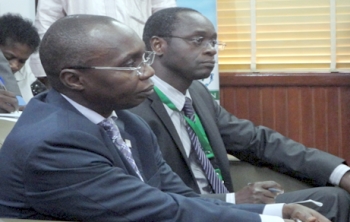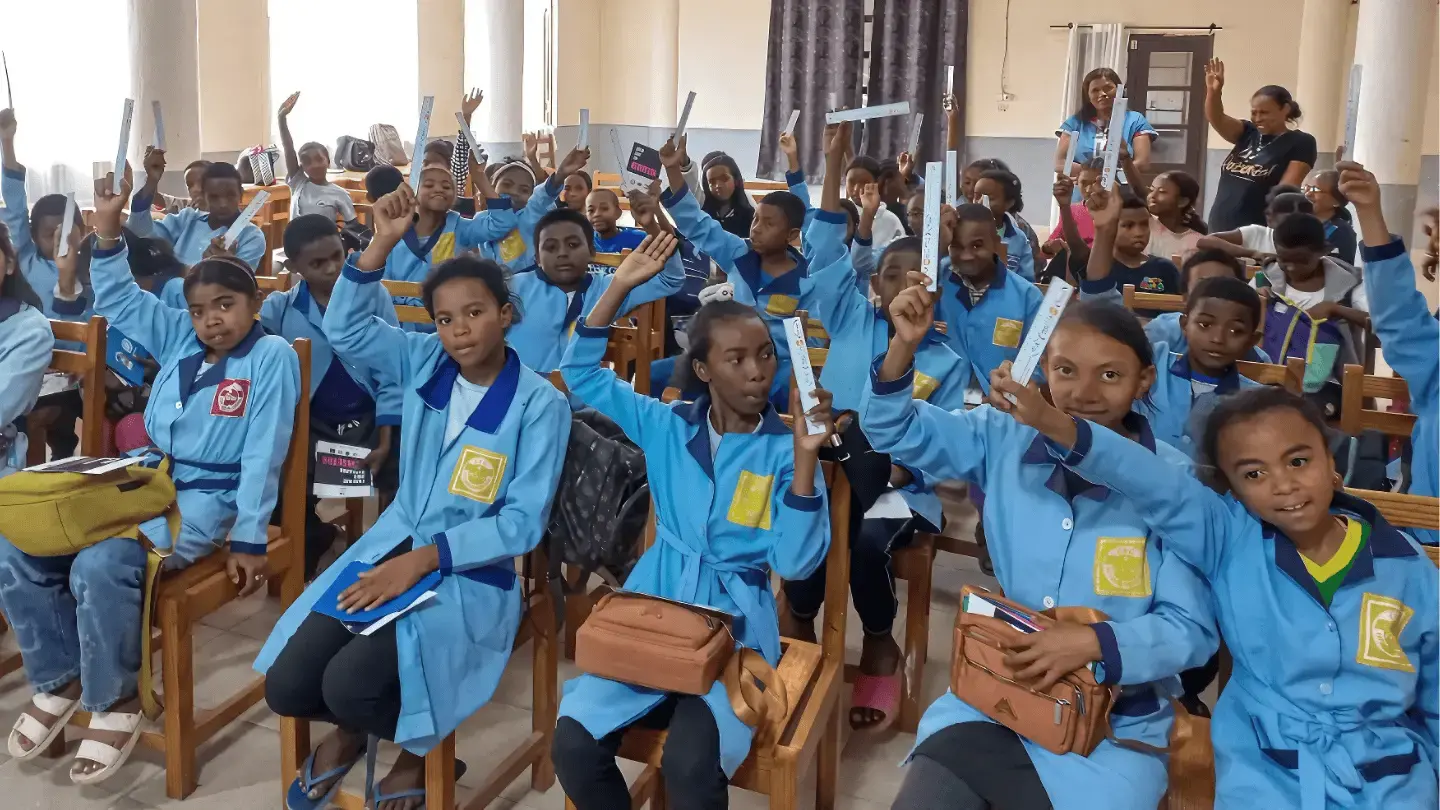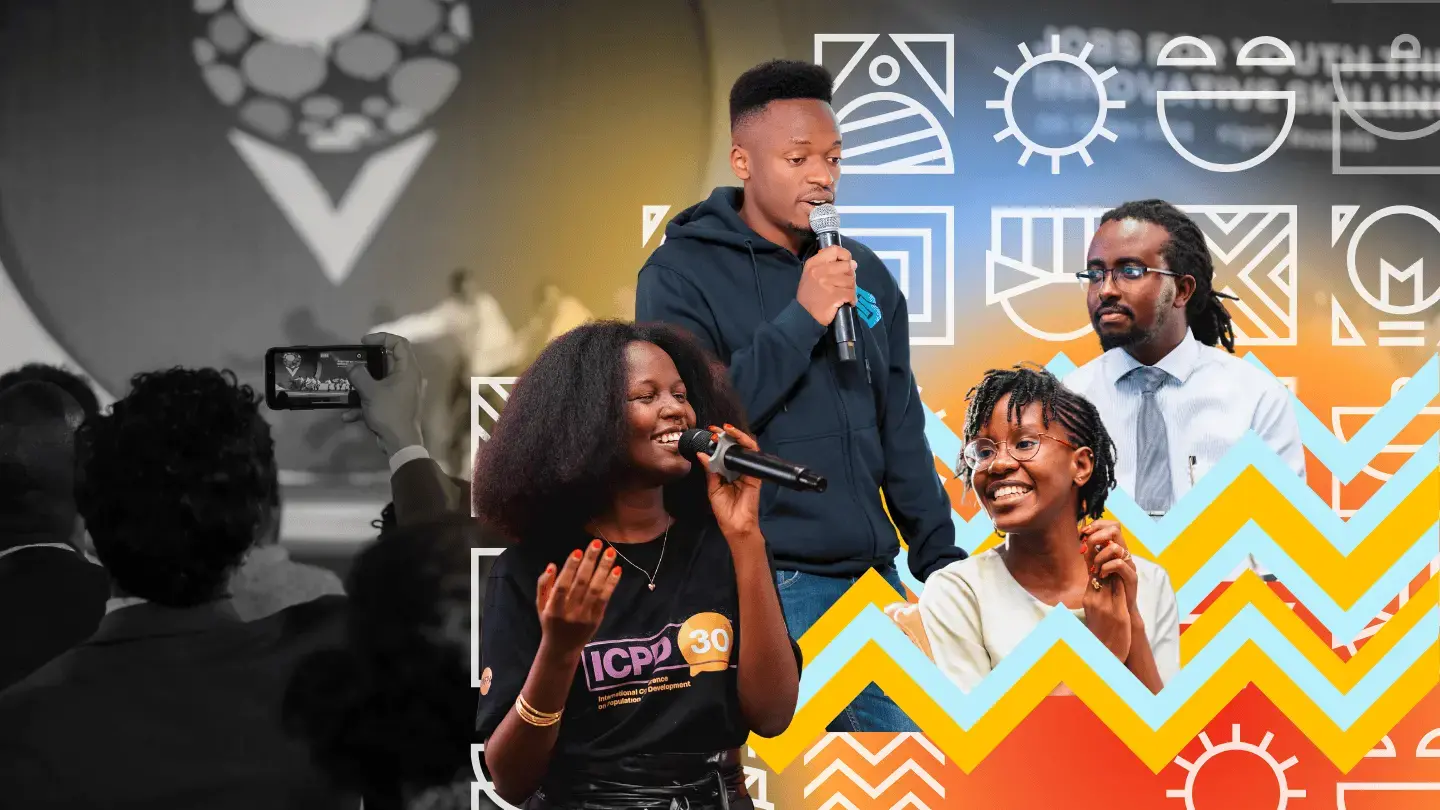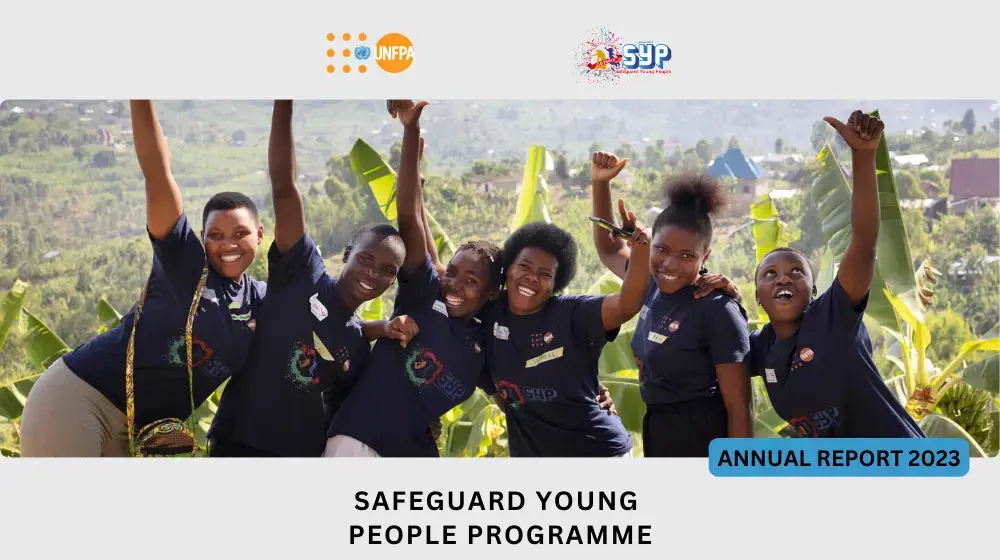ABUJA, Nigeria — Pay attention to the education of girls, as this is a must for national development. These were the words of UNFPA Executive Director, Dr. Babatunde Osotimehin, during a courtesy call on Nigeria’s Minister of Youth Development, Alhaji Inuwa Abdul-Kadir.
Dr. Osotimehin, visiting Nigeria for the Abuja +12 conference this month, offered his agency’s support to programmes conducted by the Ministry. The Youth Ministry was important to UNFPA because it dealt with young people, and thus UNFPA would provide support for any programme it was conducting, he said.
UNFPA promotes the building of young people’s skills and knowledge on comprehensive sexuality education so that they make informed choices and decisions on matters that affect their health and wellbeing, especially in the area of HIV prevention. In this respect, the Executive Director called for attention to be paid to the education of the girl child, as it is a must for any nation’s development.
Dr. Osotimehin stressed the need for young people’s participation in matters that affect their health, to enable them to engage meaningfully. On the issue of adolescent pregnancy, which is preventable, he appealed to the Minister through his activities to advocate for girls to stay longer in school as an antidote to the problem.
Alhaji Inuwa Abdul-Kadir expressed his Ministry’s desire to collaborate with UNFPA and other development partners. The Ministry caters to the largest portion of the country’s population and it was important to tackle their issues to ensure that young people could lead a better life.

“Sexuality education is connected to young people in so many ways,” he said. The most disturbing trend among today’s young people was the use and abuse of drugs, which leads to unwanted pregnancies and HIV.
Alh. Abdul Kadir asked for UNFPA’s support for the country’s newly developed youth parliament, which mentors young people, and said that UNFPA would remain a strong partner of the Ministry. The national youth constitution, which refers to young people aged 18 to 35 years, has been completed and needs the agency’s support, he added.
~ Kori Habib, UNFPA Nigeria





